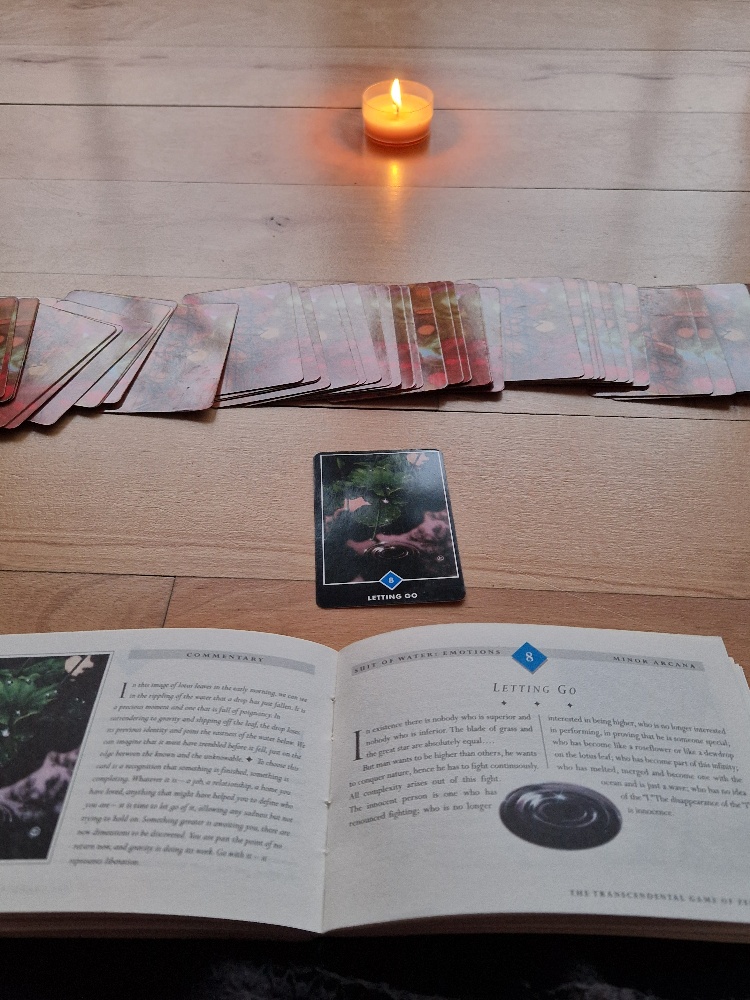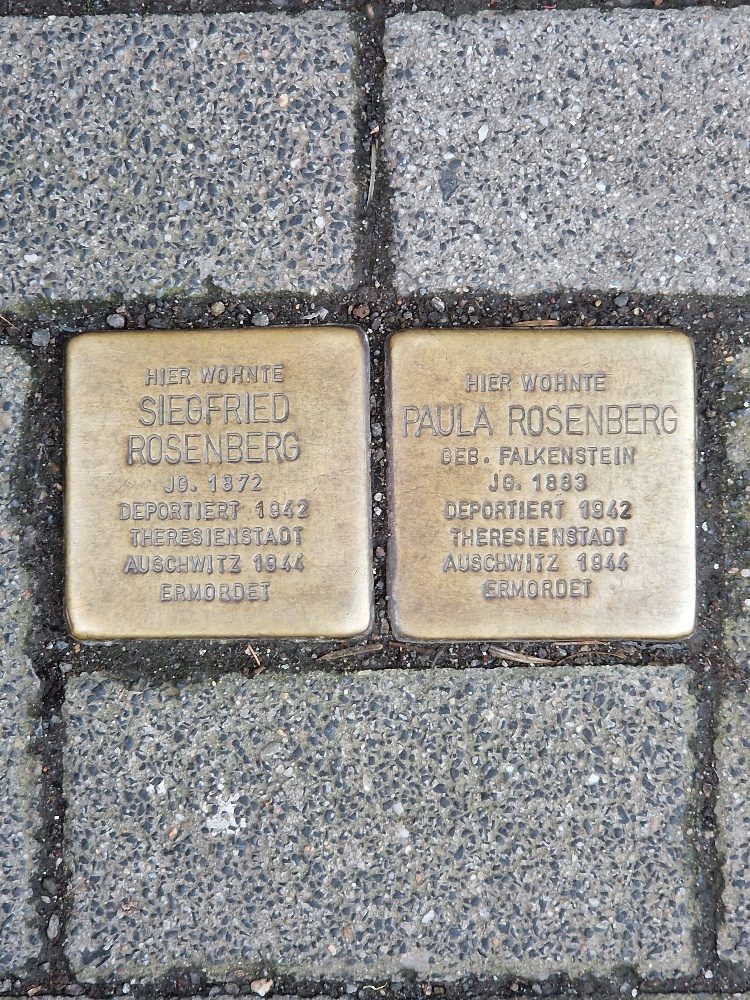When we were children, we were `disciplined´ – by our parents, our teachers and the priests of our church. This usually involved some form of physical, emotional or spiritual punishment. Punishment sometimes spilled over into abuse, continuing a cycle of suffering which has been passed on from generation to generation since the initial stirrings of humanity.
My dad, a genial and very reasonable man, reached impulsively on occasion for the wooden spoon to set an example among his manifold children when, in his view, a red line had been crossed and radical corrective action was warranted. My mother sometimes looked to her third son, the prince that I was, for solace when overwhelmed by her own sorrows, placing upon me a burden both inappropriate and unfair. A gaggle of ten children will ultimately take on the dynamics of a pecking order – a form of `free-discipline’ as `free-jazz´ is to jazz -, where for some involved, losses may far outweigh gains.
Our Jesuit teachers, on the other hand, ritualised their version of discipline. When rules were infringed, the reigning teacher would call us up to his podium, write out a docket and send us, the curriers of our own undoing, to the headmaster’s office. The headmaster would read the short description of the transgression, including the suggested punishment and then reach deep into a drawer of his solid oak desk for the robust leather strap with which he administered two, four, or even `six of the best’ on our outstretched hand. An investigative interview was rarely instigated or undertaken. In such internal affairs, rocking the boat – a hallmark of the Jesuit ethos for which they were sometimes lauded and often criticised when it came to social justice and liberation theology – was less in evidence, if at all.
The sacrament of confession was a key element of our experience as potential `good Irish catholics´, aiming to steer clear of hell. Every week, from the age of seven until I grew out of it, I traipsed to church to relate my `sins´ to a priest hidden behind a curtain in the dark confessional. I think I just made up stuff which I deemed to belong to the `medium´ category, just to get the spooky ritual behind me. There was the perfunctoral `penance´ – usually practicing numerous repetitions of standard prayers which nobody had ever bothered to decipher or explain to us, after our sins had been `absolved´. The experience left me with the belief that I was unchaste and undeserving of the carefree life for which I so yearned and would always remain beyond reach.
No wonder then that many of us grew up somewhere on the spectrum between scepticism and antipathy when it came to discipline and authority. In my case, I reckoned these were things to be outmanoeuvred by keeping ahead of the posse of those who would discipline me, whatever that took. If I could manage to be smarter, more powerful or even invisible; maybe then I could escape.
Yet, even before I left home to shape a life of my own, there was an undercurrent which told a different story. As early as my young teens, I realised that, if I wanted a good bicycle, those levy jeans or a decent stereo system and the corresponding collection of LP’s, I would need to earn the required money myself, which I did. In such cases, I was prepared, even at that age, to get up early on a Saturday morning for a day of dreary work in a fruit and veg shop, starting at eight a.m. Although I would not have seen it at the time, a form of `discipline from within´ was emerging. Though it involved sacrifice at times, this sacrifice was clearly eclipsed by the sense of liberation which it yielded.
The first years after leaving home were characterised by a trade off between the extremes of `rule by impulse´ and the self-discipline required to reach my goals; financial independence, travel, finding my place in the world, and professional development. College turned out to be more like kindergarten than secondary school had been, so I ditched my academic career before it had even started. A college drop-out with an attitude, I was going to change the world my way. I felt the need to roll up my sleeves and get things done. Ireland in the late seventies provided zero opportunities for this but, as Brian Ferry sang, `the world was my oyster´. I left, moving to Germany, immersing myself in a culture both alien and exotic and a foreign language baffling and beautiful. I built a life – in anonymity and at a safe distance from my family, those teachers and the clerical threat.
Looking back, I can see that none of this would have been possible without discipline, though I did not realise it at the time. I merely recognised and applied resources I could see; a vast reservoir of will power, a good dose of Irish audacity and, thankfully, the constitution of a horse.
In the meantime I have learned a few things about discipline and structure. My spiritual teacher, speaking to a crowd of a hundred thousand initiates among whom I stood on a balmy night on the outskirts of Delhi some ten years ago, addressed the issue of discipline in his unique humorous way, on this occasion in connection with establishing and maintaining a daily practice of meditation, in the following way:
`How many of you brush your teeth every day´? He asked, beaming into the swarming multitudes.
All the hands went up. The crowd began to get giddy, knowing that a profound lesson was in the pipeline.
`And how many of you brush your teeth three times a day´?
A third of the hands went up. Some wondered what significance this would play in the lesson.
`How many of you brush your teeth twice a day´?
Again, about a third of the hands went up, this time including mine.
`Finally, how many of you brush your teeth once each day´?
The remaining hands went up, now all of us waiting for his verdict.
The Guru, gifted story-teller that he is, inserted a dramatic pause. The silence among the vast congregation impressed me greatly.
`Now´, he he asked glowing, a shimmer of devilment in his eyes… `were you born doing that´?
A collective mumble and wave of acknowledgement swept through the vast crowd. The penny had dropped.
Mastery requires practice. Practice anything each day for six weeks, according to the sages of old and the neuro-scientists of today, and the probability of sticking with the new behaviour over time is dramatically increased. The threshold can be so difficult to cross because the inner voice of my ego will either try to persuade me that, on faltering, there is no point, or will argue that, by listening to such a `higher voice´, whether mine of that of another, I will risk sacrificing the greatest of prizes, namely my own cherished freedom. On the contrary, my experience has shown that when I fall for those arguments, I ensure my continued and enduring bondage.
As a free spirit, I have been drawn to working with similar types all my life. When faced with challenges in the work environment, such as process engineering, workflow design and organisational development, we often discover immense resistance to change, despite the recognition that the organisation is firing on only a fraction of the cylinders available to it and could do much better by defining and embracing necessary changes. This resistance often stems from an inability to grasp one of the most powerful of paradoxes; namely that structure liberates.
By overcoming our ingrained antipathy to worldly `authority´, and embracing the authority of the Great Spirit within, we experience a seismic shift. We begin to reap the rewards of relinquishing the stance of the `outlaw´, and move into a smoother way of being and acting, characterised by harmony, coherence and peace of mind.








